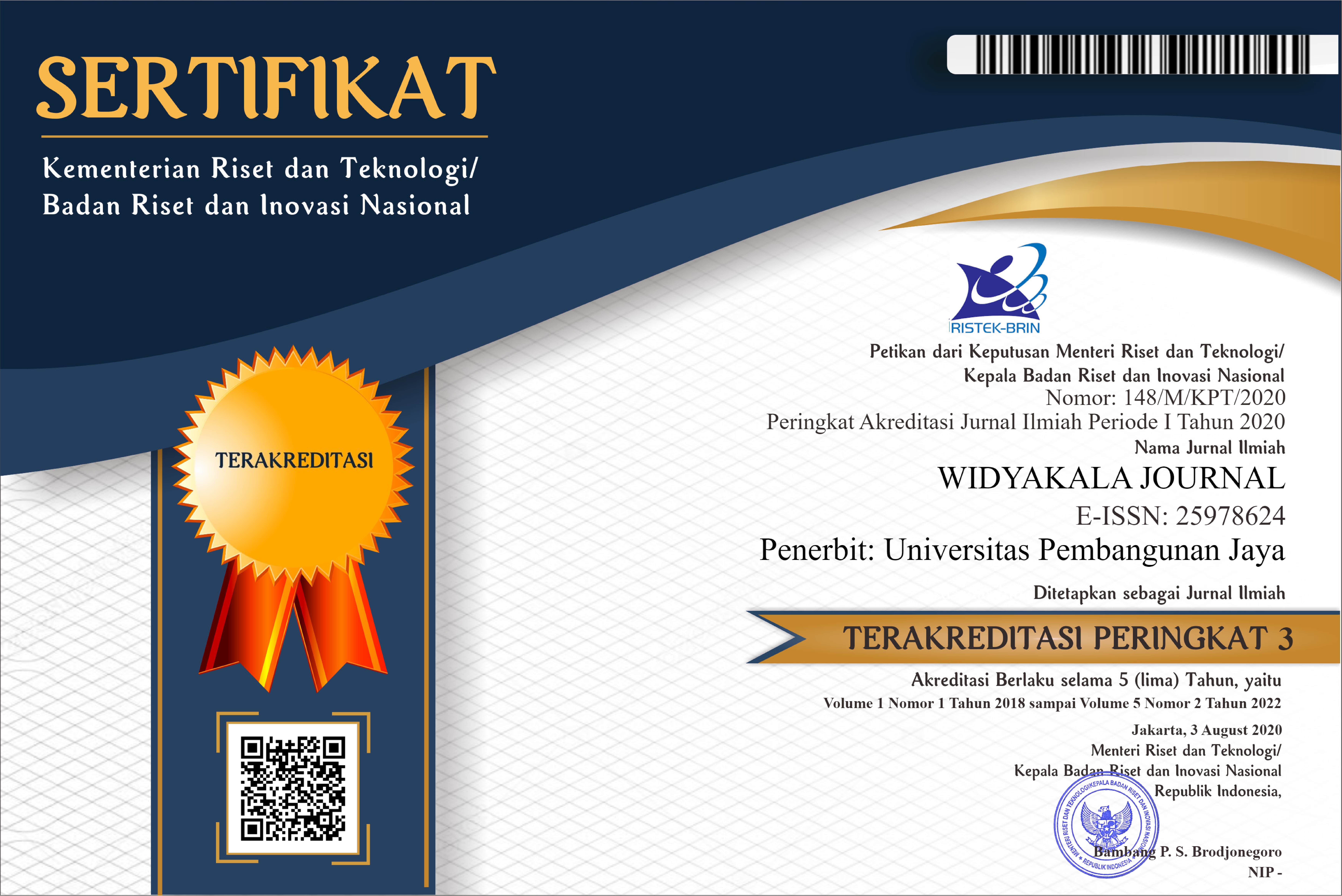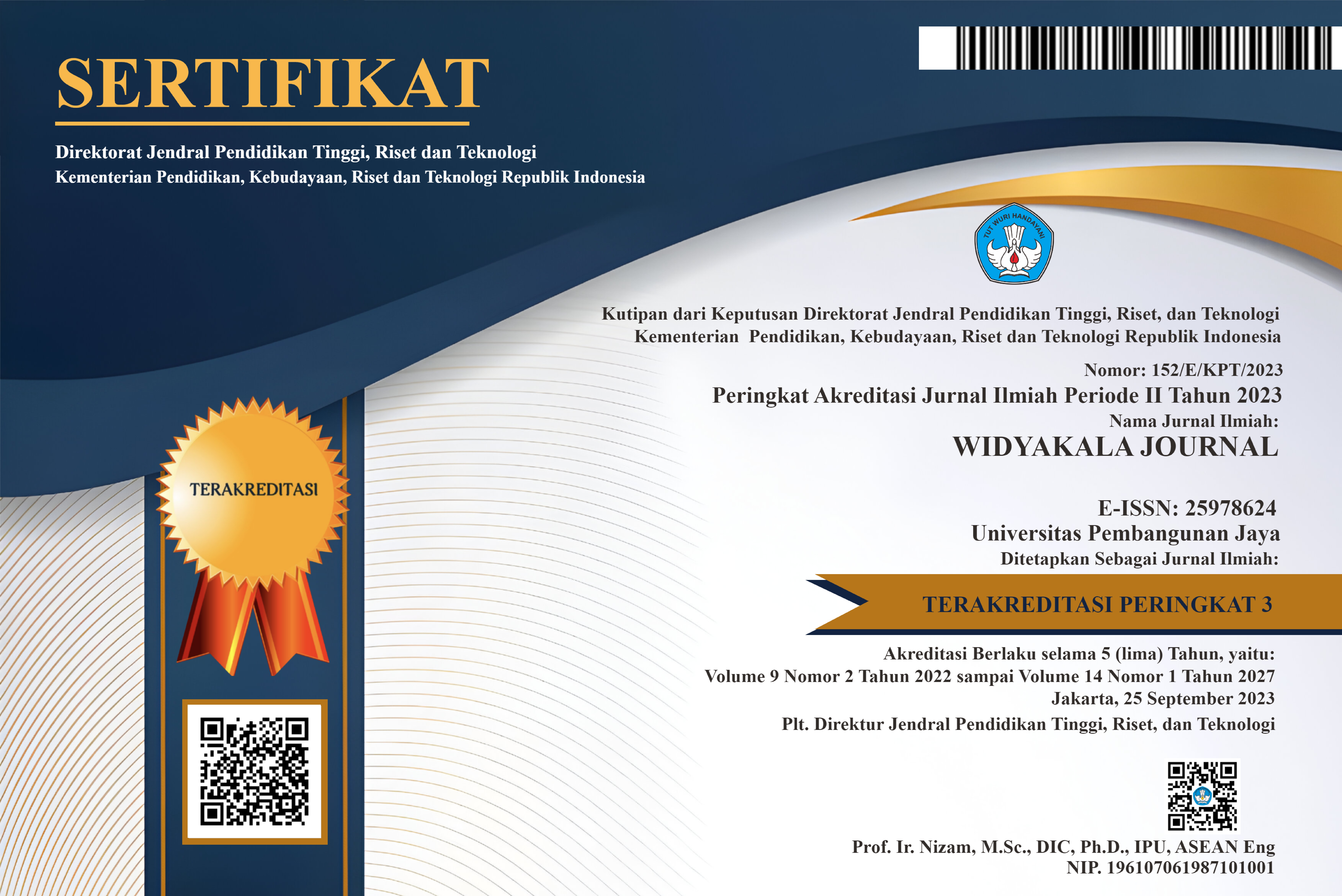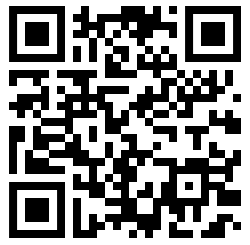Updated, December 20th, 2023
Gender And Design: Gender Bias In Agrotechnology
Abstract
Abstract — The role of women as farmers has existed in the history of human life for centuries. However, the Green Revolution made the role of women who were previously trusted to select seeds, weed, plant, fertilize, harvest and pound rice replaced by the role of technology. As with other designs and technologies, there has been a gender bias, so the researchers suspect that there is a gender bias in the design of agrotechnologywhich has an impact on the marginalization of female farmers. Through a literature review, researchers explored gender bias in design of agrotechnology and its impact on female farmers. Design of agrotechnology is still gender biased because it was designed without taking women's ergonomics. In fact, women have different ergonomic characteristics from men, but that does not mean they do not have the capacity to farm. Feminization of agriculture will be a profitable job opportunity for women if it is accompanied by the feminization intervention of agricultural machine and tool.
Keywords: gender bias, design, agrotechnology, agriculture, female farmer
Keywords
Full Text:
PDFReferences
Ely, K. (2015, Sep 8). The World is Designed for Men. Retrieved from medium.com: https://medium.com/hh-design/the-world-is-designed-for-men-d06640654491
Mansour, F. (2013). Analisis Gender dan Transformasi Sosial. Yogyakarta: Pustaka Pelajar.
Prasetyowati, Rini Endang; Tenaya, IM Narka; Astiti, NW Sri. (2014). Peran Wanita Tani dalam Penerapan Teknologi Pengelolaan Tanaman Terpadu (PTT) pada Usahatani Jagung di Kecamatan Pringgabaya Kabupaten Lombok Timur. Jurnal Manajemen Agribisnis, 76-83.
Reiley, C. (2016, Nov 17). When bias in product design means life or death. Retrieved from techcrunch.com: https://techcrunch.com/2016/11/16/when-bias-in-product-design-means-life-or-death/
Rothchild, J. (2014, November 07). Gender Bias. The Blackwell Encyclopedia of Sociology.
Singh, S., & Arora, R. (2010). Ergonomic Intervention for Preventing Musculoskeletal Disorders. Journal of Agricultural Sciences, 61-71.
Sita, K. (2019). Gender dan Mekanisasi: Pengalaman Pekerja Perempuan Berpartisipasi dalam Kelompok Petik Mesin di Perkebunan Teh Gambung, Jawa Barat . Umbara: Indonesian Journal of Anthropology, 76-88.
Sita, K., & Herawati, E. (2017). Gender Relation in Tea Plucking Workers: A Case Study of Gender Division of Labour and Gender Relationin Gambung Tea Plantation, West Java. Sodality: Jurnal Sosiologi Pedesaan, 1-8.
Suhaeti, R. N., & Suharni, S. (2004). Inkorporasi Perspektif Gender dalam Pengembangan Rekayasa Alat danMesin Pertanian. SOCA: Jurnal Sosial Ekonomi Pertanian.
Sukesi, K. (2017, Juli 26-28). Peran Gender dalam Adopsi Teknologi Pertanian di Pedesaan. Kegiatan FGD Pengarusutamaan Gender –KEMENTAN. Manado.
Yulianti, D., & Haq, S. M. (2019, July 15). Pemetikan Teh dengan Mesin Petik. Retrieved from Pusat Penelitian Teh dan Kina: https://www.gamboeng.com/post/read/2019/179/Pemetikan-Teh-dengan-Mesin-Petik
DOI: https://doi.org/10.36262/widyakala.v8i0.428
Refbacks
- There are currently no refbacks.
Copyright (c) 2021 WIDYAKALA: JOURNAL OF PEMBANGUNAN JAYA UNIVERSITY

This work is licensed under a Creative Commons Attribution-ShareAlike 4.0 International License.
Redaksi Jurnal Widyakala
Lembaga Penelitian dan Pengabdian Kepada Masyarakat (LP2M)
Universitas Pembangunan Jaya
Jalan Cendrawasih Raya Blok B7/P, Sawah Baru, Ciputat, 15413
Telp : 021-7455555 ext 1311
widyakala.journal@upj.ac.id


















